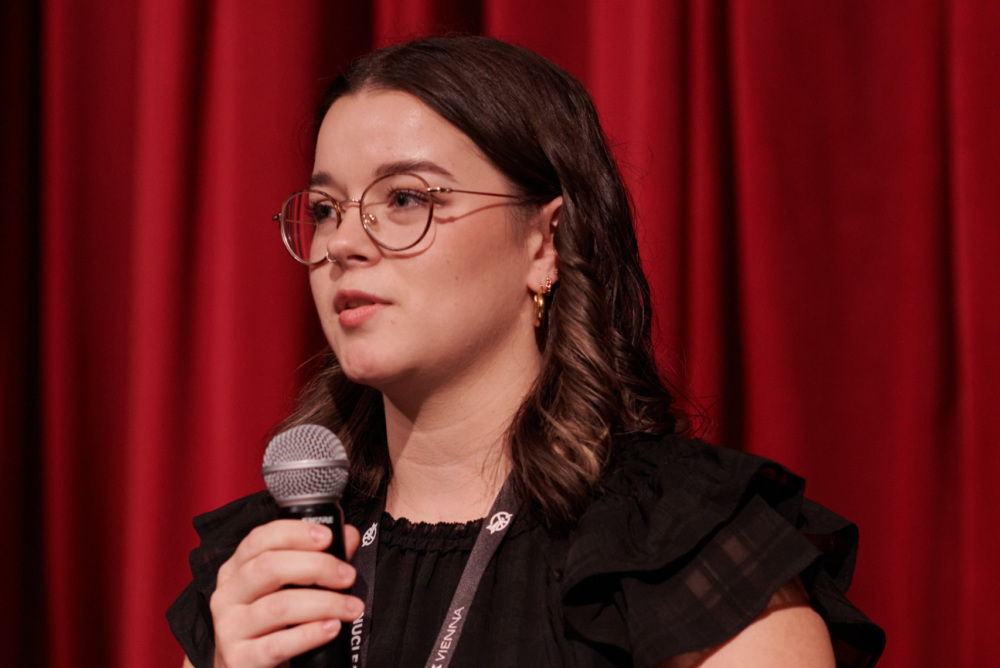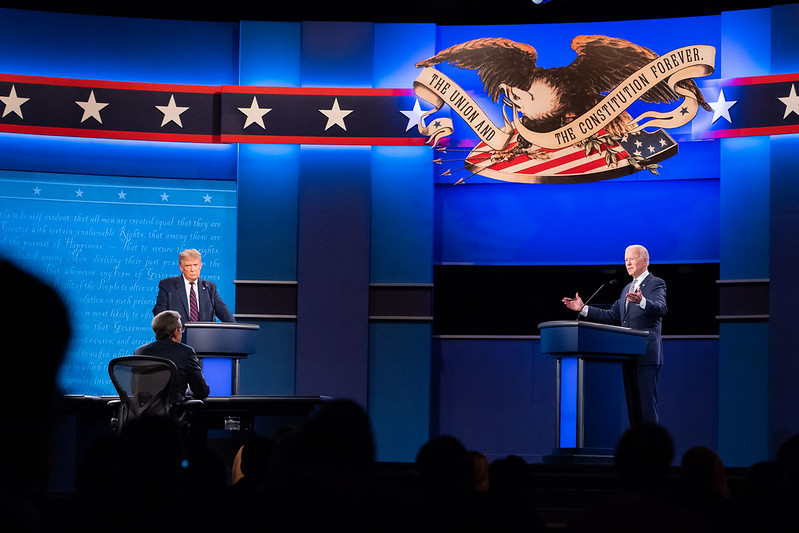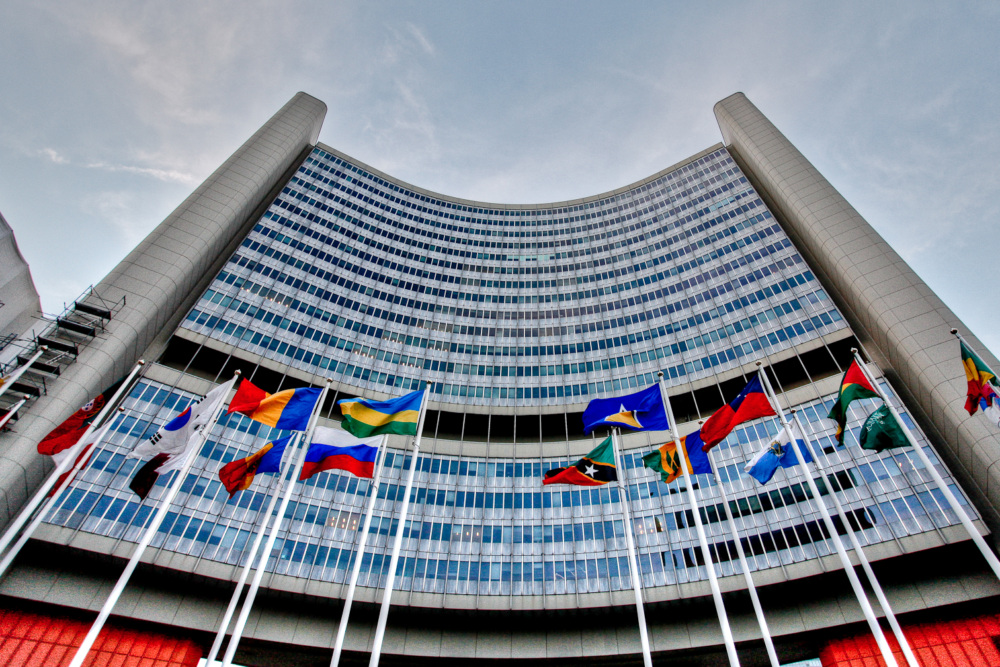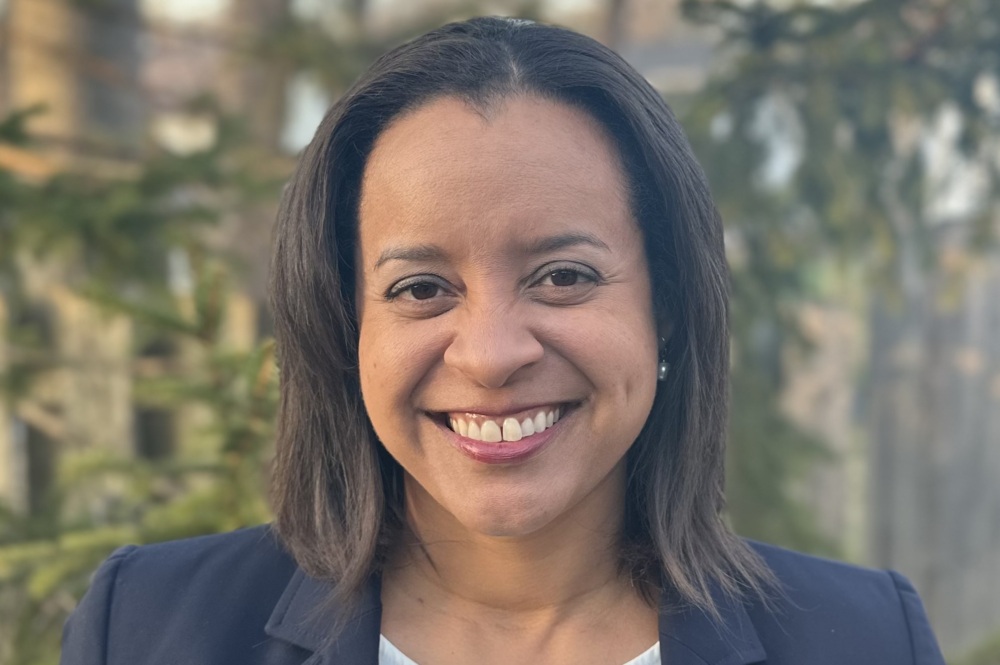“What keeps you up at night?”
This security-related question is a perennial favorite at candidate forums, and when Donald Trump and Joe Biden take the stage for the final 2020 presidential debate on Oct. 22, they may hear a version of it. Journalists use it to gauge what threats candidates take most seriously and to draw out whether they have plans to address them. Over the years, answers have ranged from a terrorist with a nuclear weapon to climate change.
In just seven months’ time, the reality of a global pandemic that has killed nearly 220,000 Americans has led many of us to mourn the passing of loved ones, struggle with a job lost, and manage our families’ health and education under unprecedented restrictions. In the first presidential debate, President Trump and former Vice President Biden each were asked to explain why the American public should trust them to manage the pandemic going forward.
It was a good question. Pressing candidates on their plans to address existential threats is essential. The federal government’s primary job is to protect the American people, and as the government’s “chief risk officer,” a president has an obligation to do everything possible to address catastrophic risks and keep Americans and the international community safe.
That’s why it’s so important that candidates for president also are asked about the nuclear risks that many believe our leaders are underestimating.
Today, the use of a nuclear weapon—by terrorists or by a nation intentionally or more likely by accident or miscalculation—may be as hard to imagine as the specter of a world shut down by a virus. Until it happened. But as with bio threats, nuclear risks have been on the rise for years. Our government’s failure of imagination and insufficient planning to reduce these risks makes a nuclear incident all too possible.
Whether Donald Trump or Joe Biden takes the oath of office in January, the next administration must work to build a safer, more secure America by reducing the risk of nuclear use. This is not a partisan issue—it’s a national security issue that must be a priority for our president and commander in chief.
So, what questions should be on the table?
U.S.-Russia relations vis-à-vis nuclear dangers is paramount, as together they hold 90% of the world’s nuclear weapons. As NTI’s Ernest J. Moniz and former Senator Sam Nunn have written, “Not since the 1962 Cuban missile crisis has the risk of a U.S.-Russian confrontation involving the use of nuclear weapons been as high as it is today.”
Despite very serious differences, it’s crucial that the two countries cooperate to prevent nuclear catastrophe. A sustained U.S.-Russia dialogue on strategic stability, crisis management, and arms control can prevent an accident or mistake or escalation of conflict that could have devastating results. This can be accomplished while holding Russia accountable for actions and policies where our countries disagree.
The most immediate issue is whether the candidates support extending for an additional five years the 2011 New START Treaty with Russia, which limits strategic nuclear weapons and includes important verification provisions including on-site inspections, 18 times a year.
New START is the last remaining bilateral arms control treaty with Russia, and it will expire in February unless both countries agree to extend it.
More broadly, a key question might be as simple as this: President Reagan and his Russian counterpart Mikhail Gorbachev said, “A nuclear war can never be won and must never be fought.” Do you agree? What steps would you take to avoid a nuclear conflict?
Of course, the growing risks aren’t all related to Russia. Donald Trump and Joe Biden also should address nuclear threats posed by China, North Korea and Iran; extremist organizations seeking weapons of mass destruction; nuclear proliferation in the Middle East; cyber attacks on nuclear weapons and facilities; and more. Some key questions:
- North Korea continues to build its arsenal of nuclear weapons and missiles that threaten the United States and our allies, and President Trump’s two summits with Kim Jong Un have not led to a breakthrough. Should we try a different approach with North Korea—and what would that be?
- A decade of global progress on preventing nuclear terrorism by securing and reducing global nuclear stocks has stalled. How would you make sure extremists can’t steal or use nuclear materials around the globe to blow up or contaminate a city?
- The United States, under President Trump, withdrew from an internationally negotiated deal with Iran that imposed both sharp restrictions on the country’s nuclear program and a uniquely tough inspection regime. In response, Iran has engaged in activities that were banned or restricted by that agreement. What steps will you take now to verifiably prevent Iran from getting a nuclear weapon and to lower the risk of nuclear proliferation in the Middle East?
- Today, a president may have just minutes to decide whether to launch nuclear weapons after a reported attack. Do you think the president should have more decision time to determine if the attack is real or human or technical error? What steps would you take to lower the risk that nuclear weapons could be used—on purpose or by miscalculation?
Voters want answers. In a November 2019 poll for NTI by Hart Research Associates, 83% of voters in 13 states said they would feel more favorable toward presidential candidates who put a high priority on reducing the nuclear threat.
The COVID-19 pandemic underscores the imperative of planning for the unthinkable. The final presidential debate offers an opportunity for voters to learn how Donald Trump and Joe Biden would work to prevent another unthinkable catastrophe: the detonation of a nuclear weapon.




